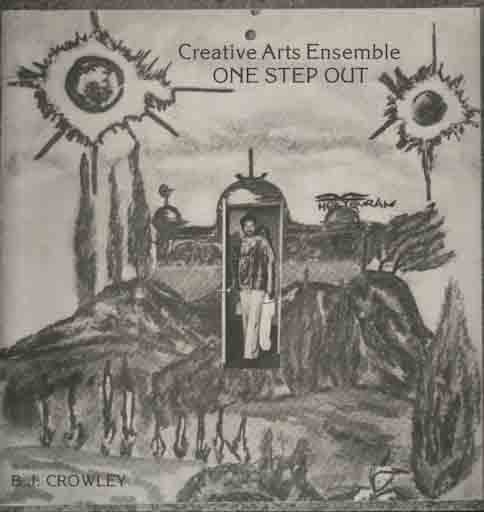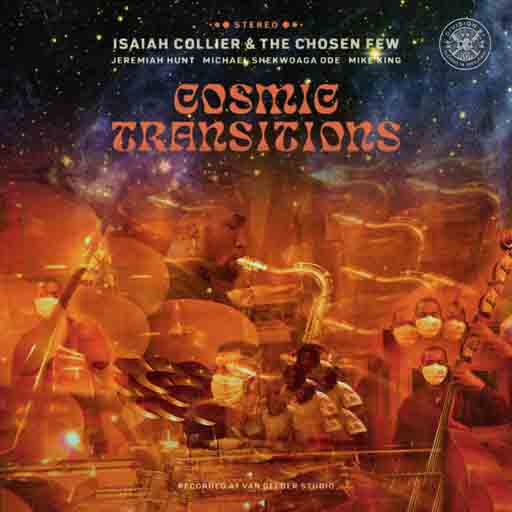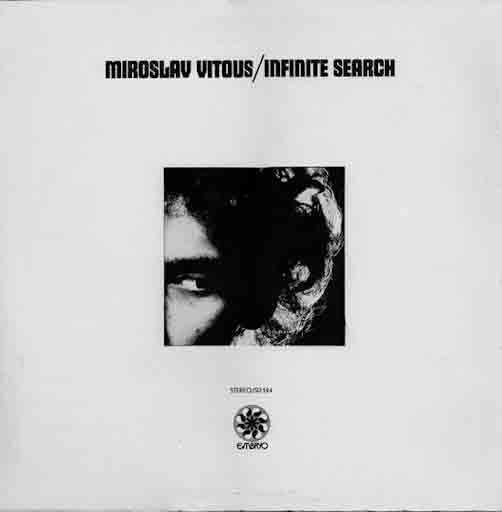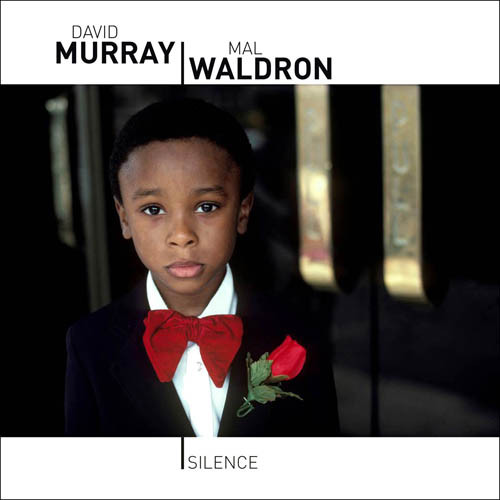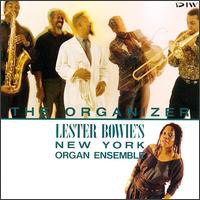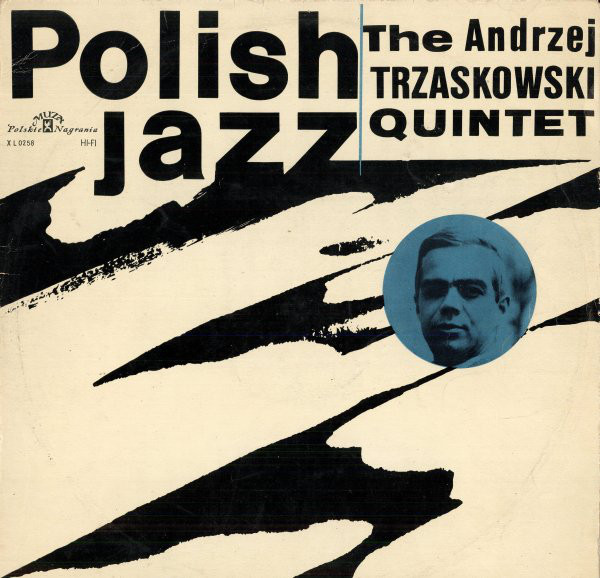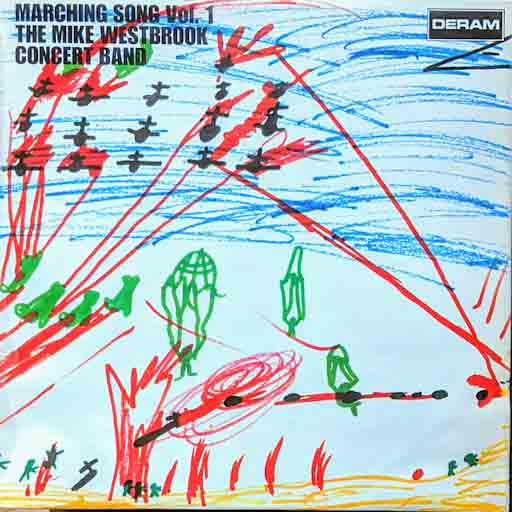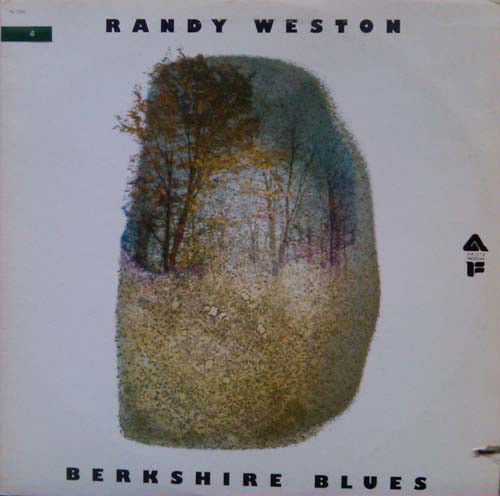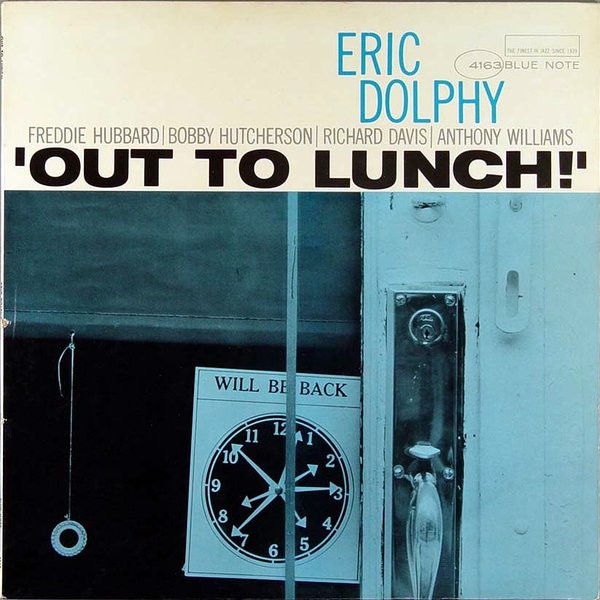-
Posts
7,529 -
Joined
-
Last visited
Content Type
Profiles
Forums
Events
Blogs
Everything posted by Rabshakeh
-
You're charitable. I have an elaborate theory involving the Illuminati going on which I think better explains it.
-
-
I feel like the polish has come off Astral Spirits' operation recently. I'm not sure why (lower marketing budget? oversaturation? getting squeezed out by International Anthem?), but the releases don't seem to be making the splash online and in the press that they once were. I assume there's been no dip in quality. By the way, has anyone encountered anything stellar recently? I'm in the mood for something new, but nothing has caught my eye. It feels a bit like everything got released last year, and this year artists are having a breather. Then again, I may have just blinked at the wrong time.
-
Not really a response to the above, but I am an original running order completist. There's nothing that enrages me more than a CD reissue that alters the order or adds bonus tracks or alternative takes in the middle. I know I'm not alone in this.
-
Creative Arts Ensemble - One Step Out (Nimbus West, 1981) A great record, probably one of my favourite non-Tapscott UGMAAs, that I was pleased to find at Cafe OTO. But when I took it home I was surprised to find it is a double LP re-release. Literally 8-9 minutes of music for each side of vinyl. What's the logic?
-
No lie. She just did this again.
-
Isaiah Collier & The Chosen Few - Cosmic Transitions (2021) A but of a mishmosh of things from the past that are currently fashionable, even down to the vintage Impulse! era font choice. Still, I'll take this over the overhyped jazz kids of my 1990s youth. Just finished this impossible masterpiece: Infinite Search (Embryo, 1969) by Miroslav Vitous To my utter embarrassment, until today I had believed that this was a different album to Mountain in the Clouds, and had even held forth to a friend regarding how Infinite Search was the slightly superior album. They are, it turns out, the same record.
-
I forgot that was his nickname.
-
Bill Frisell - Have a Little Faith (Elektra Nonesuch, 1993) From that era when Don Byron really was a name worth following.
-
Very sad news.
-
I'm pretty much with you. It was my second listen, and I was not more interested than the first time. Nothing to told it together.
-
David Murray / Mal Waldron - Silence (Justin Time, 2008) Nice to return to this one. Good and gutsy.
-
-
Plus hard to think of anyone who could have made this bunch pop quite like Charli Persip.
-
In the mood for a bit of that. I'm going to line up In Greece next.
-
I felt the same. I got a better noir hit off the Mundell Lowe record. I'm currently on Lester Bowie's New York Organ Ensemble - The Organizer (DIW, 1991)
-
Pyramids - Lalibela (1973) Trying this one again, given the heavy retrospective hype Pyramids seems to be receiving from the Spiritual Jazz Inc. Marketing machine. I'm still not convinced.
-
-
Mike Westbrook's Concert Band - Marching Song Vol 1 (Deram, 1969) My first time with this one, and I find it very impressive.
-
-
It's got a great cover, although I wonder whether I prefer Gardens and Ketchoua by quite a way.
-
-
Sad to hear the news but it sounds like Larry Harlow has passed away.
-
Heath! You can't argue with both the MJQ and the Heath Brothers (both before and after the formal "band"). Okay: Bob Dylan or Hank Williams?
-
Thanks. I notice that Musson has also played with Alexander Hawkins. I will follow up
_forumlogo.png.a607ef20a6e0c299ab2aa6443aa1f32e.png)



